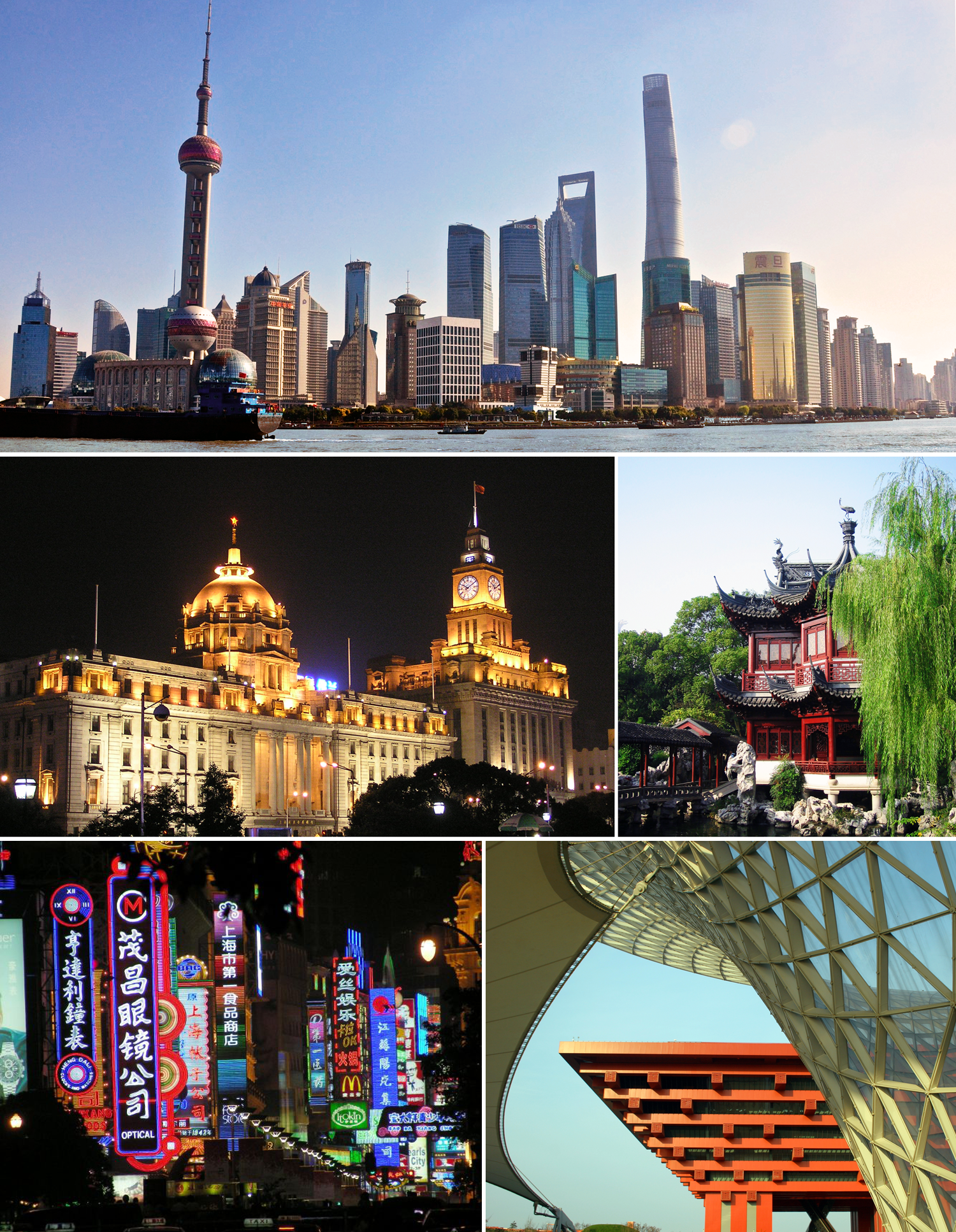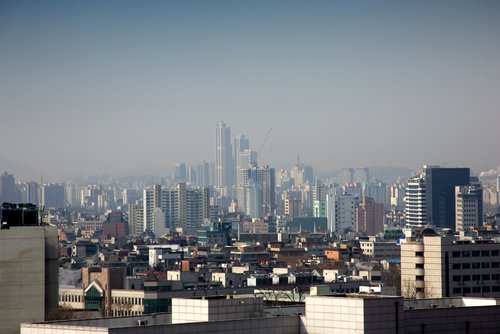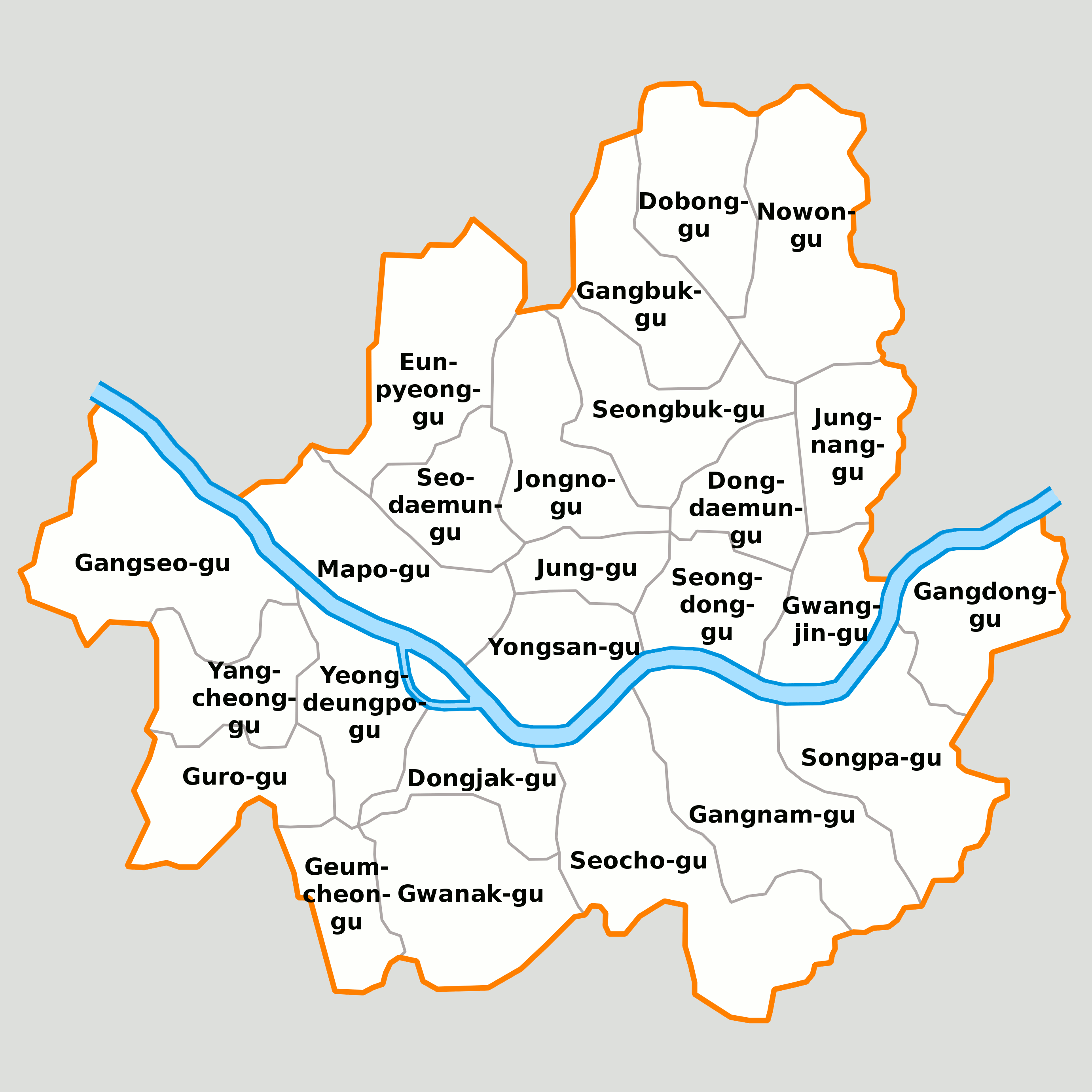Your ideal country/place to visit (in the next few years).
-

-

-
Shanghai (Chinese: 上海; pinyin: ShànghÇŽi) is a metropolis in eastern China, and a direct-controlled municipality of the People's Republic of China. Located at the middle part of the coast of mainland China, it sits at the mouth of the Yangtze.
Originally a fishing and textiles town, Shanghai grew to importance in the 19th century due to its favorable port location and as one of the cities opened to foreign trade by the 1842 Treaty of Nanking. The city flourished as a center of commerce between east and west, and became a multinational hub of finance and business by the 1930s. After 1990, the economic reforms introduced by Deng Xiaoping resulted in intense re-development and financing in Shanghai, and in 2005 Shanghai became the world's largest cargo port.
The city is a tourist destination renowned for its historical landmarks such as the Bund and City God Temple, and its modern and ever-expanding Pudong skyline including the Oriental Pearl Tower. Today, Shanghai is the largest center of commerce and finance in mainland China, and has been described as the "showpiece" of the world's fastest-growing major economy.


-
-

-

-

-

-

-

-

-

-

-
The population of Shanghai is 19,213,200. Based on total administrative area population, Shanghai is the third largest of the four direct-controlled municipalities of the People's Republic of China, after Chongqing and Beijing. In the PRC, a direct-controlled municipality (直辖市 in pinyin: zhíxiáshì) is a city with equal status to a province. The 2000 census put the population of Shanghai Municipality at 16.738 million, including the migrant population, which made up 3.871 million. Since the 1990 census the total population had increased by 3.396 million, or 25.5%.
By the end of 2004, Shanghai's population stood at 16.702 million, according to China Statistics 2005. Of those, 1.469 million (8.8%) were in the age group of 0–14, 12.661 million (75.8%) between 15 and 64 and 2.572 million (15.4%) were older than 65.
As of 2008, the population of long-term residents reached 18.88 million, including an officially registered permanent population of 13.71 million, and 4.79 million of registered long-term migrants from other provinces, many from Anhui, Jiangsu, and Zhejiang Provinces.
According to the Shanghai Municipal Statistics Bureau, there were 133,340 foreigners in Shanghai in 2007. Some foreign expatriates are staying in Shanghai as long-term settlers, renewing Shanghai's reputation as China's global city. In addition, there are a large number of people from Taiwan for business (estimates vary from 350,000 to 700,000).
By 2009, the South Korean communities in Shanghai also increased to more than 70,000. The average life expectancy in 2006 was 80.97 years, 78.67 for men and 82.29 for women. Average annual disposable income of Shanghai residents, based on the first three quarters of 2009, is 21,871 RMB.

-
Seoul, officially the Seoul Special City, is the capital and largest city of South Korea. A megacity with a population of over 12 million, it is one of the largest cities in the world. The Seoul National Capital Area, which includes the Incheon metropolis and most of Gyeonggi province, has 24.5 million inhabitants, and is the world's second largest metropolitan area. Almost half of South Korea's population live in the Seoul National Capital Area, and nearly a quarter in Seoul itself, making it the country's foremost economic, political, and cultural center.
Seoul is located on the Han River in the center of the Korean Peninsula, and was settled in 18 B.C. when Baekje, one of the Three Kingdoms of Korea, established its capital in what is now south-east Seoul. The city then became the capital of Korea during the Joseon Dynasty and the Korean Empire.

Seoul is considered to be a global city. It is one of the world's top ten financial and commercial centers, home to large conglomerates[9] such as Samsung, LG and Hyundai-Kia. In 2008, Seoul was named the world's sixth most economically powerful city by Forbes.com. In 2007, Mercer Human Resource Consulting ranked Seoul 87th in the world among major cities for quality of life.
Seoul has a technologically advanced infrastructure. Its Digital Media City has been a test-bed for various IT and multimedia applications. Seoul was the first city to feature DMB, a digital mobile TV technology and WiBro, a wireless high-speed mobile internet service. It has a fast, high-penetration 100Mbps fibre-optic broadband network, which is being upgraded to 1Gbps by 2012. Seoul Station houses the 350 km/h KTX bullet train and the Seoul Subway is the third largest in the world, with over 2 billion passengers every year. Seoul is connected via AREX to Incheon International Airport.
-

-

-

-

-

-

-

-

-

-

